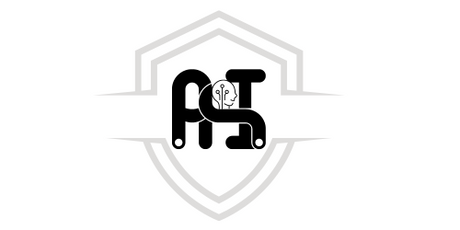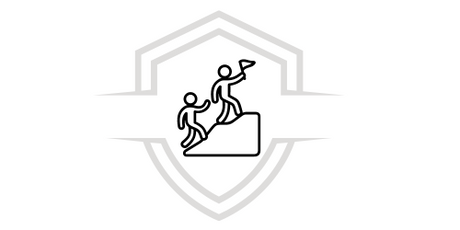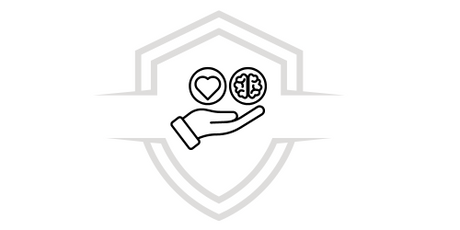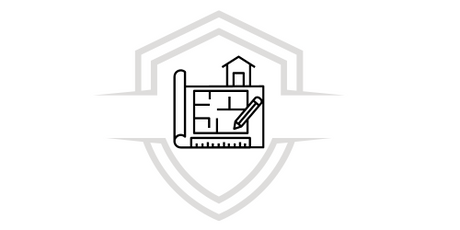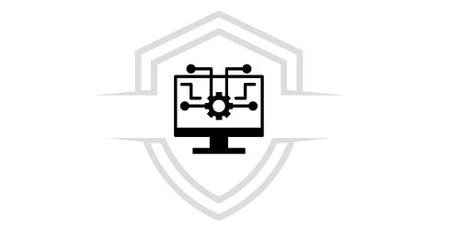In today's work environment, it's not enough to have technical skills. Soft skills, also known as social skills or emotional skills, are increasingly valued by employers. In this article, we'll explore the importance of developing soft skills for professional success and how they can make a difference in your career.
Importance of developing soft skills
1. Effective communication
Effective communication is essential in any work environment. Having strong communication skills allows you to express your ideas clearly and concisely, actively listen to others, and adapt your communication style to different situations and audiences. Effective communication will help you build strong relationships, resolve conflicts, and collaborate more productively.
2. Teamwork and collaboration
In most work environments, teamwork is required to achieve common goals. Having teamwork skills allows you to collaborate effectively with colleagues, share ideas, take on complementary roles, and solve problems collaboratively. The ability to work harmoniously with others and contribute to the success of the team is highly valued by employers.
3. Critical thinking and problem solving
Critical thinking involves analyzing situations, identifying problems, and finding effective solutions. Developing critical thinking skills allows you to evaluate different perspectives, make informed decisions, and solve challenges creatively. This skill enables you to deal with complex situations and take appropriate action to achieve successful outcomes.
4. Time management and organization
Time management and organization are essential to staying productive and achieving professional goals. Being able to set priorities, efficiently handle tasks, and effectively manage time allows you to be more productive and meet deadlines. These skills also demonstrate your ability to be responsible and reliable in the work environment.
5. Adaptability and flexibility
The work environment is constantly changing, and being able to adapt and be flexible is essential. Adaptability skills allow you to face new and unfamiliar situations with confidence, adjust your working methods as needed, and quickly learn new skills. The ability to adapt to changes and maintain an open mind is highly valued by employers in an ever-changing world of work.
6. Emotional intelligence
Emotional intelligence refers to the ability to recognize, understand, and manage your own emotions, as well as the emotions of others. Developing emotional intelligence skills allows you to manage stress, establish healthy relationships, resolve conflicts, and show empathy toward others. These skills are critical to building strong relationships, effectively leading teams, and maintaining emotional balance in the workplace.
5. Creativity and innovative thinking
In an increasingly competitive world, creativity and innovative thinking are skills that make all the difference. Being able to generate original ideas, think outside the box and propose innovative solutions allows you to stand out and add value to your organization. Creativity and innovative thinking foster creative problem solving and the generation of new opportunities.
7. Leadership and influence
Even if you don't hold a formal leadership position, developing leadership skills is essential to advancing your career. Being able to motivate and guide others, make difficult decisions, and communicate an inspiring vision will allow you to positively influence your work environment. Effective leadership also involves being a role model and supporting the growth and development of others.
Conclusion
Developing soft skills is essential for professional success in today's working world. Technical skills are important, but soft skills make all the difference in determining how we relate to others, how we solve problems, and how we deal with challenges at work. By investing in developing soft skills such as effective communication, teamwork, critical thinking, emotional intelligence, and leadership, you can increase your opportunities for growth and excel in your professional career. Remember that developing soft skills is an ongoing process that requires practice and perseverance, but the long-term benefits are invaluable.












